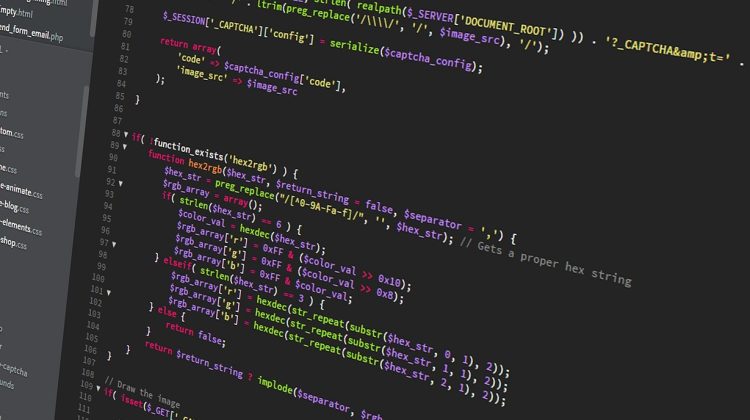Web Tokenization is a security technique used to protect sensitive information by replacing it with a unique identifier or token. This token can then be used in place of the original data in transactions or data storage, ensuring that the sensitive information is not exposed. The actual data is stored securely in a separate location, and the token serves as a reference to retrieve the original data when needed.
Attractiveness of Web Tokenization
Security: By replacing sensitive data with tokens, web tokenization significantly reduces the risk of data breaches. Even if tokens are intercepted, they are useless without the original data.
Compliance: Tokenization helps organizations comply with various regulations and standards, such as PCI-DSS (Payment Card Industry Data Security Standard), by minimizing the amount of sensitive data they need to handle directly.
Scalability: Tokenization can be implemented across different platforms and applications, making it a scalable solution for protecting data across an entire organization.
Flexibility: Tokens can be designed to maintain the format of the original data, making it easier to integrate tokenization into existing systems without major modifications.
Potential Applications of Web Tokenization
- Payment Processing: Tokenization is widely used in the payment industry to secure credit card transactions. Instead of transmitting actual card numbers, tokens are used to represent card information, reducing the risk of fraud.
- Healthcare: In healthcare, tokenization can protect patient data, ensuring that sensitive information such as medical records and personal details are secure while still being accessible for necessary medical processes.
- Data Storage: Companies can use tokenization to store sensitive information, such as Social Security numbers, addresses, and other personal data, in a secure manner. This helps in reducing the impact of data breaches.
- Cloud Security: As more data is stored in the cloud, tokenization provides an added layer of security, ensuring that sensitive data is protected even if cloud storage services are compromised.
- Access Control: Tokenization can be used to manage access to sensitive data within organizations. Tokens can be assigned to users with appropriate permissions, ensuring that only authorized personnel can access specific information.
- Mobile Applications: Mobile apps that handle sensitive information, such as banking apps, can use tokenization to protect user data during transmission and storage.
- Loyalty Programs: Retailers can use tokenization to secure customer data in loyalty programs, ensuring that personal information and purchase histories are protected.
- Internet of Things (IoT): With the increasing number of connected devices, tokenization can secure data transmitted between IoT devices, protecting it from potential interception and misuse.
In summary, web tokenization is an attractive security measure due to its ability to protect sensitive information, ensure compliance, and provide flexibility and scalability. Its applications are diverse and can significantly enhance security across various industries and use cases.









No Comment